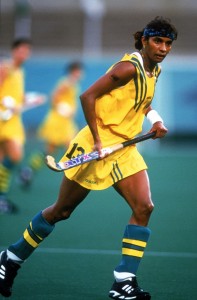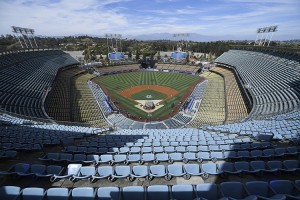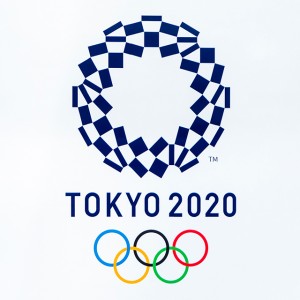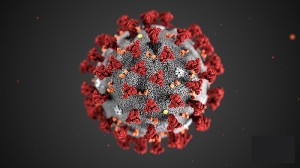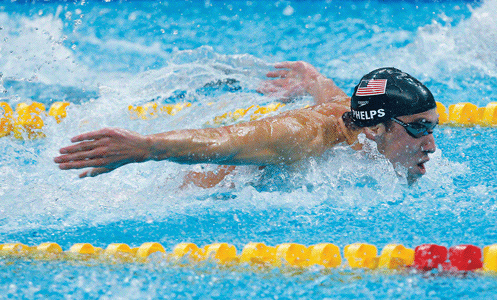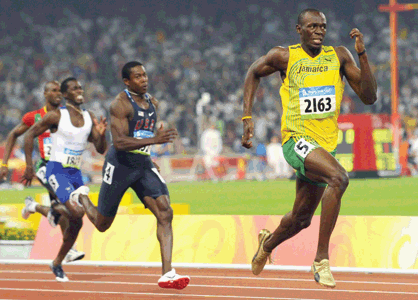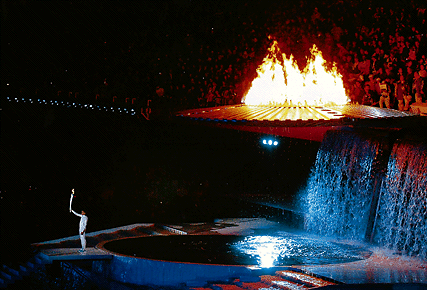Spotlight on Australia: Nova Peris
Thursday, September 9th, 2021Australia is famous for its unique culture, metropolitan cities, and unusual wildlife, among other things. Each week, this seasonal feature will spotlight one of Australia’s many wonders.
The Summer Olympic Games in Tokyo, Japan, are still fresh in our memories. But Australia made history at another Olympics, when an Aboriginal athlete first won Olympic gold.
Nova Peris is an Australian Aboriginal athlete and political figure. As a member of the winning Australian women’s field hockey team at the 1996 Summer Olympic Games, Peris was the first Aboriginal Australian to win an Olympic gold medal.
In 1997, Peris was named Young Australian of the Year. This annual award is given to a young Australian citizen by the National Australia Day Council, a government organization. Also in 1997, she received the Medal of the Order of Australia (OAM), awarded by the government for service worthy of particular recognition.
Nova Maree Peris was born on Feb. 25, 1971, in Darwin, Northern Territory. She played on the Australian field hockey team that won the Champions Trophy in 1993 and 1995. The Champions Trophy is awarded to the winning team in a major international field hockey tournament. She also played on the Australian team that won the 1994 World Cup, an international tournament held every four years.
After the 1996 Olympic victory, Peris switched to track and field. She won the 200-meter race and was a member of the winning 4×100-meter relay at the Commonwealth Games in 1998. At the 2000 Summer Olympic Games, Peris competed in the 400-meter run, reaching the semifinals. She also ran on the Australian 4×400 meter relay team that finished fifth in the finals.
In 2013, Peris became the first Aboriginal Australian woman elected to the federal Parliament. She was elected as a member of the Australian Labor Party to represent the Northern Territory. She served until 2016. Peris’s autobiography, Nova: My Story, was published in 2003.

